For a long time, the situation of overloaded civil servants in wards and communes has become increasingly serious, causing people to complain about the quality of service. Ho Chi Minh City has 245/312 wards, communes and towns with populations exceeding the standard, especially 6 wards and communes with over 100,000 people. The population is large, the workload is high while the number of civil servants is equal. On average, 1 commune-level civil servant nationwide serves 485 people, while 1 civil servant in Ho Chi Minh City serves up to 1,554 people.
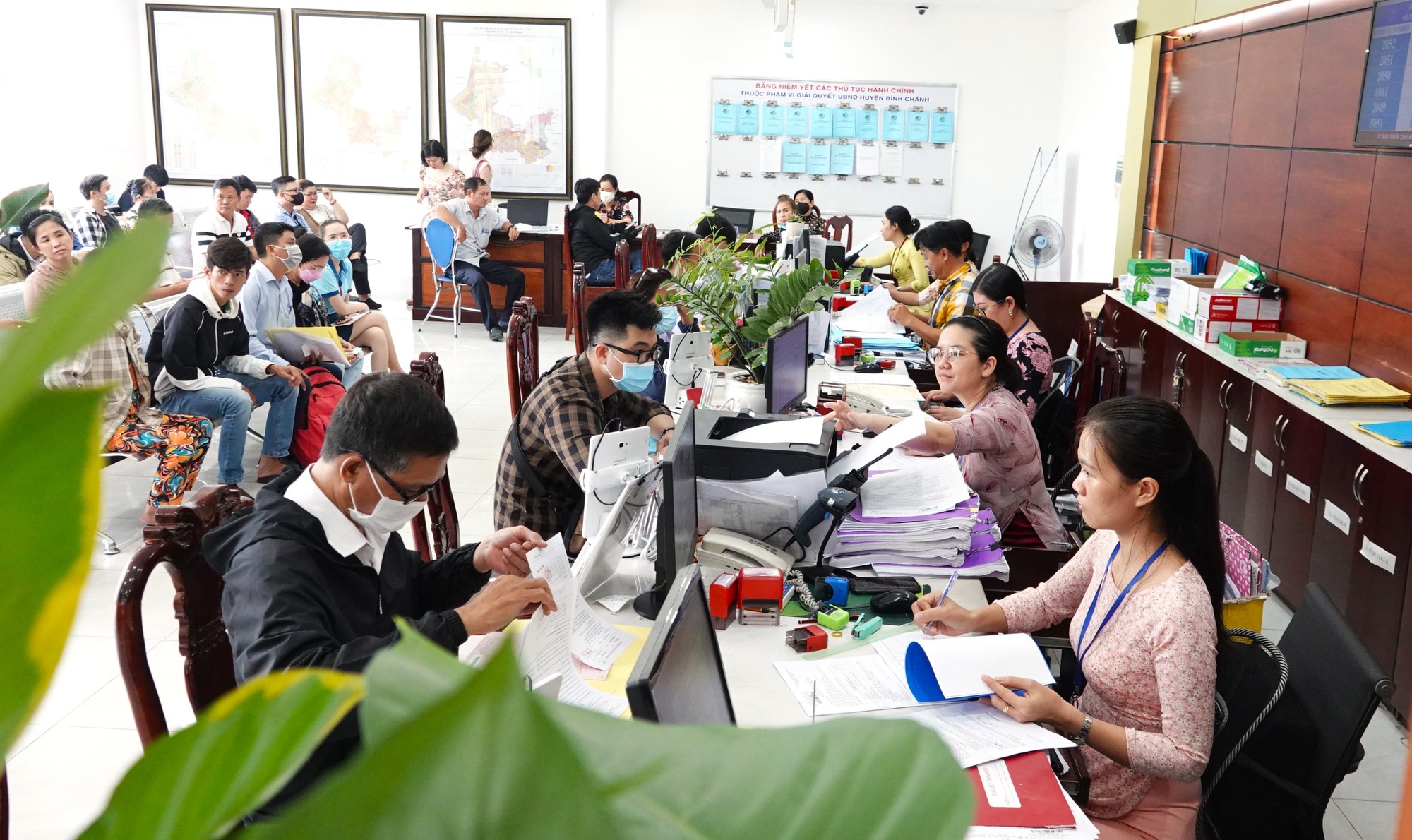
Ho Chi Minh City plans to increase nearly 2,200 cadres, civil servants and workers in wards, communes and towns.
INCREASE NEARLY 2,200 OFFICIALS AND CIVIL SERVANTS
The above shortcomings were partly resolved when the Project on the structure and number of cadres, civil servants, and non-professional workers (HDKCT) of wards, communes, and towns according to population size, economic activities, and local characteristics was approved by the Ho Chi Minh City People's Council on September 19. Accordingly, communes with a population of 30,000 or more will increase 1 civil servant, communes with a population of 50,000 or more will increase 2 civil servants and 2 HDKCT members, communes with a population of 100,000 or more will increase 3 civil servants and 3 HDKCT members. In addition, localities with a population of 50,000 or more will increase one more vice chairman of the People's Committee at the commune level.
With the above plan, Ho Chi Minh City will increase 52 commune-level vice chairmen, 323 civil servants, and 1,809 people working in wards, communes, and towns. With a total increase of 2,184 people, the estimated annual budget for resolving policies and regimes will increase by 495 billion VND/year.
Also related to the organizational structure, the Ho Chi Minh City People's Council approved the pilot establishment of the Department of Food Safety (FSS) on the basis of "upgrading" the current organization, structure, and personnel of the FHS Management Board. This is the first FHS in the country. Meanwhile, the organizational structure of the Thu Duc City People's Committee was also "redesigned" to include 16 specialized departments, especially the first Public Administration Center in the whole of Ho Chi Minh City.
These are 3 of 9 contents specifying Resolution 98/2023 of the National Assembly on piloting a number of specific mechanisms and policies for the development of Ho Chi Minh City. The remaining mechanisms include: procedures for converting the purpose of using rice-growing land with a scale of less than 500 hectares; minimum total investment for investment projects under the public-private partnership method in the fields of health, education and training, sports, and culture; additional income expenditures...
Dealing with evasive and hesitant officials
Speaking at the meeting, Politburo member and Secretary of the Ho Chi Minh City Party Committee Nguyen Van Nen said that the ship with Resolution 98 has traveled a distance, carrying the first shipments of the best frame components and equipment for Ho Chi Minh City to prepare for upcoming tasks. Contributing to those shipments are the careful and urgent preparations of the deputies and specialized committees of the Ho Chi Minh City People's Council.
Secretary Nguyen Van Nen emphasized that supervision is a basic function and task of the People's Council. Over the past time, supervision work has become increasingly focused, with timely conclusions, serving political requirements, gradually improving its substance, effectiveness and efficiency. "Supervisions are increasingly strict, contributing to pushing back and preventing negativity, hesitation, indecision and avoidance in the apparatus, especially the administrative apparatus at all levels," he added.
According to the Secretary of the Ho Chi Minh City Party Committee, in meetings, inspections, and supervisions, each participant has a duty, and some people take on 2-3 roles. However, each person must do the right thing, do it well, "do the right role, know the lesson" according to their work position. "I discovered that there were comrades who sometimes did not play the right role, did not know the lesson. They brought their briefcases to meetings but when asked about the content, they did not know how to answer," Secretary Nguyen Van Nen cited, and at the same time requested the Ho Chi Minh City People's Council to focus on monitoring the implementation of Resolution 98, considering this a key task for the remaining half of the term.
Speaking with Thanh Nien reporter, delegate Le Minh Duc, Deputy Head of the Legal Committee of the Ho Chi Minh City People's Council, said that local leaders must proactively allocate and assign tasks to additional personnel in a specific and clear manner, avoiding overlap. The most important thing is to speed up the settlement of administrative procedures for people and businesses, promptly handle cases, and avoid causing trouble for people.
Regarding the additional income, Deputy Duc recognized that this is a form of encouragement for officials and civil servants to work with peace of mind and devote themselves. According to the new resolution, the number of beneficiary units has been expanded to include a number of central agencies located in the city and a number of specific associations and organizations. Similarly, the number of officials, civil servants and workers who benefit has also increased. Deputy Duc said that units must evaluate work efficiency based on reality, ensuring objectivity, avoiding leveling in the way that people doing simple, low-productivity work also receive the same level as people doing complex, high-productivity work.
GATEWAY TRAFFIC LESS CONFUSION?
Yesterday afternoon, September 19, the Ho Chi Minh City People's Council approved investment policies and adjusted investment policies for 87 public investment projects (PPs) with a total investment of up to 39,000 billion VND. The projects are spread across many areas such as transportation, drainage system renovation, school and hospital construction, medical equipment procurement, cultural center upgrade, and cemetery renovation.
In particular, the list of 5 investment projects for upgrading, expanding and modernizing existing road works using BOT (build-operate-transfer) contracts has been approved, bringing with it many expectations to help reduce traffic congestion in the gateway. The 5 investment projects for the period 2023 - 2028 include: upgrading and expanding National Highway 13 and National Highway 1; renovating and upgrading National Highway 22; upgrading the North-South axis road from Nguyen Van Linh Street to Ben Luc - Long Thanh Expressway; and building Binh Tien Bridge and Road. The total investment of these 5 projects is about 37,000 billion VND, including projects that have been in place for more than 20 years but have not been implemented due to lack of resources.
Sidewalk fees must be transparent.
On the same afternoon, the Ho Chi Minh City People's Council voted to pass a resolution on the temporary use fee for roads and sidewalks, ranging from VND20,000 - VND350,000/m2/month depending on the area, expected to be applied from January 2024.
Dr. Tran Quang Thang, a member of the Ho Chi Minh City People's Council, said that in a crowded urban area like Ho Chi Minh City, the government must find a balance and harmonize the interests of different groups of residents. On the sidewalks, workers buy and sell, earn a living, but they also need to respect the common interests and keep the sidewalks clear.
This delegate recommended that the fee collection must ensure two factors: food safety and clear roads and sidewalks. In particular, food trading cases must ensure food safety and meet the criteria to be granted a rental license. "The criteria must be seriously developed from the beginning, although difficult, it must still be done. The organization of fee collection must be objective, transparent, and responsible to those performing public duties," Dr. Tran Quang Thang added.
Mr. Tran Quang Lam, Director of the Department of Transport, said that the whole city has 107 elevated roads and main roads that can apply the BOT form, but because the pilot period is only 5 years, the Department prioritizes urgent projects. Each project is selected based on 5 criteria: importance, solving traffic congestion, ability to recover capital, level of capital participation of investors, ability to contribute to the budget of Ho Chi Minh City.
Responding to the question of the National Assembly member about the fee level and the fee collection subjects, Mr. Lam said that this issue will be studied and determined by the consulting unit in the pre-feasibility study report. However, the fee level depends on the budget's contribution capacity. If the budget contributes a lot, the fee collection time and fee level will be low. The Department of Transport will coordinate with departments and branches to speed up the progress and submit to the Ho Chi Minh City People's Council for approval of the investment policy of the above 5 projects at the mid-2024 session.
Source link


![[Photo] Nhan Dan Newspaper announces the project "Love Vietnam so much"](https://vstatic.vietnam.vn/vietnam/resource/IMAGE/2025/4/17/362f882012d3432783fc92fab1b3e980)
![[Photo] Closing of the 4th Summit of the Partnership for Green Growth and the Global Goals](https://vstatic.vietnam.vn/vietnam/resource/IMAGE/2025/4/17/c0a0df9852c84e58be0a8b939189c85a)
![[Photo] National Assembly Chairman Tran Thanh Man meets with outstanding workers in the oil and gas industry](https://vstatic.vietnam.vn/vietnam/resource/IMAGE/2025/4/17/1d0de4026b75434ab34279624db7ee4a)
![[Photo] General Secretary To Lam receives French Ambassador to Vietnam Olivier Brochet](https://vstatic.vietnam.vn/vietnam/resource/IMAGE/2025/4/17/49224f0f12e84b66a73b17eb251f7278)
![[Photo] Promoting friendship, solidarity and cooperation between the armies and people of the two countries](https://vstatic.vietnam.vn/vietnam/resource/IMAGE/2025/4/17/0c4d087864f14092aed77252590b6bae)

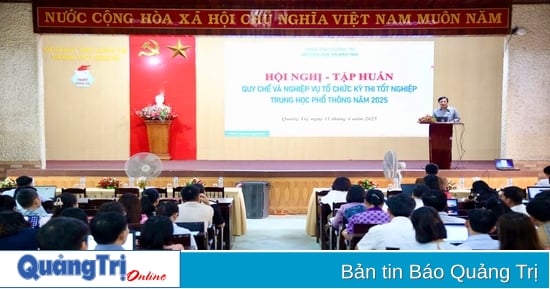

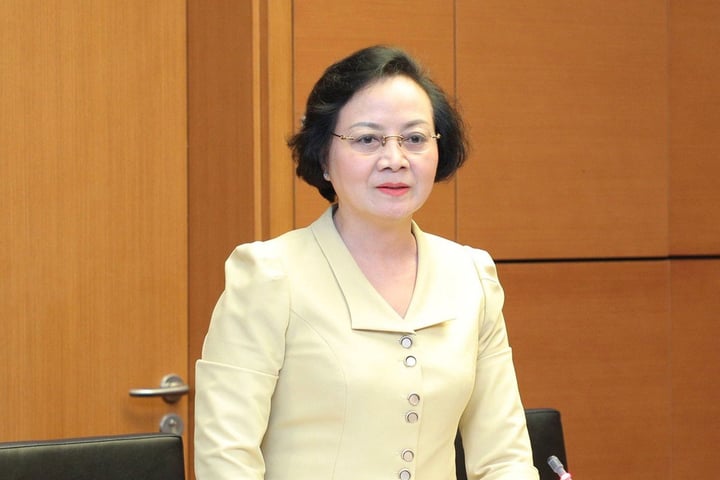

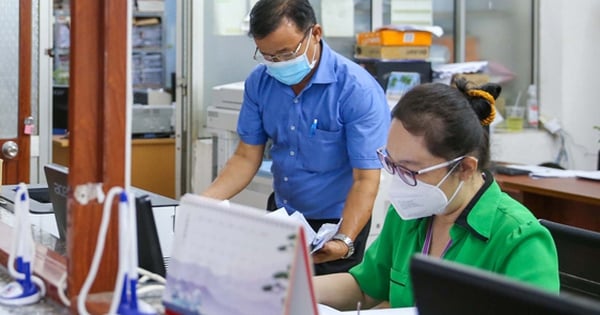

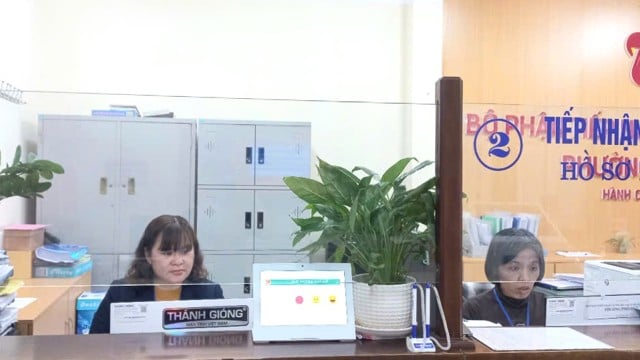

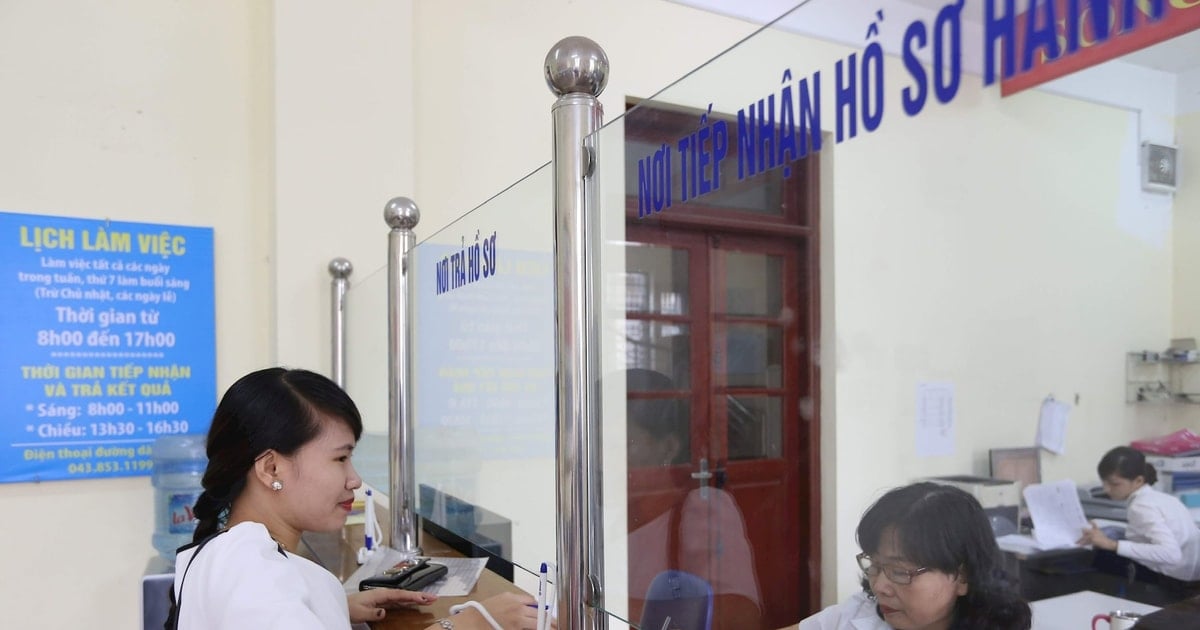

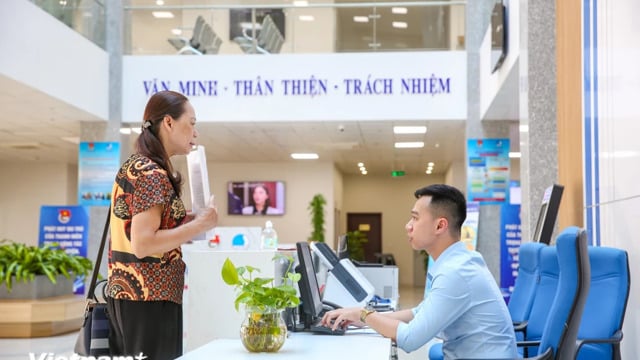
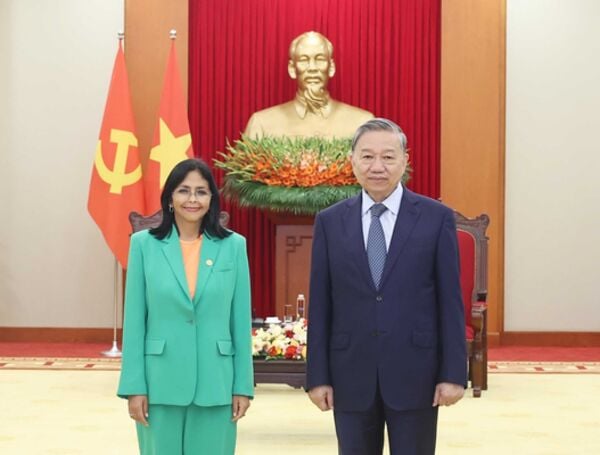
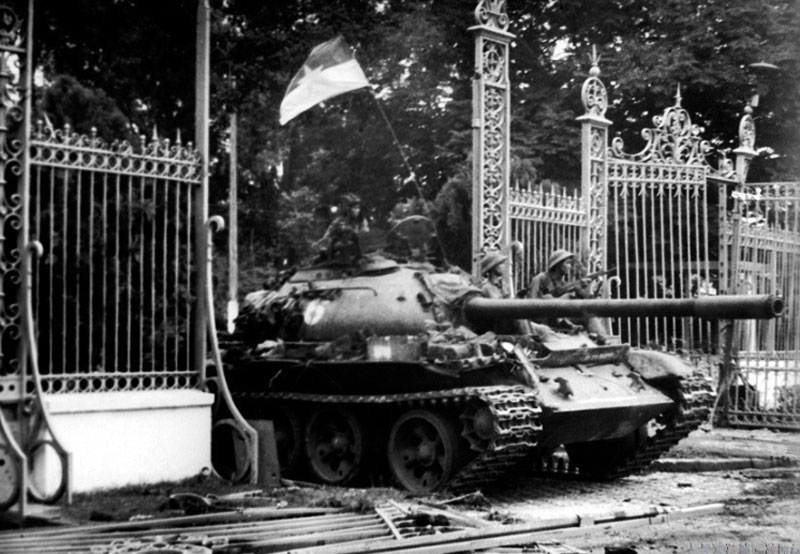
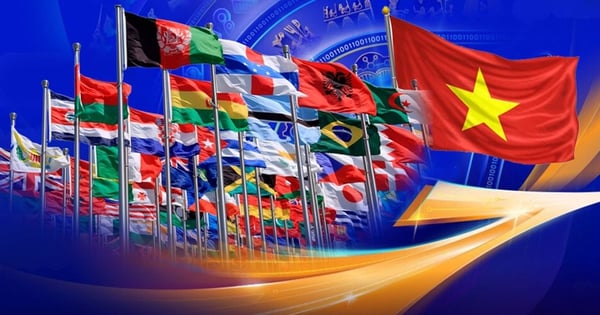
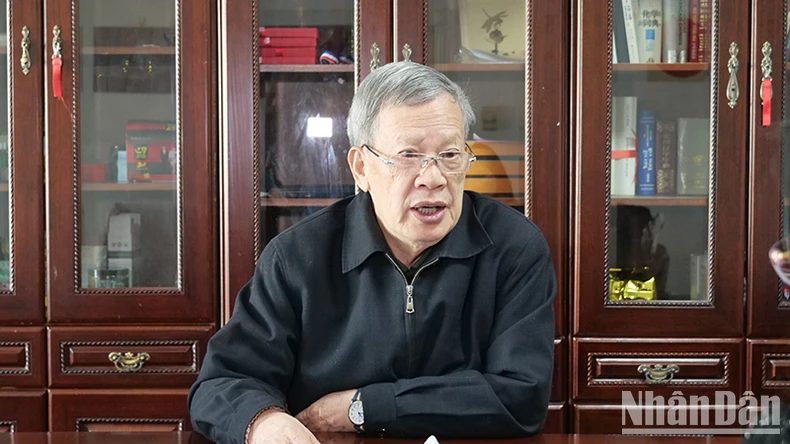
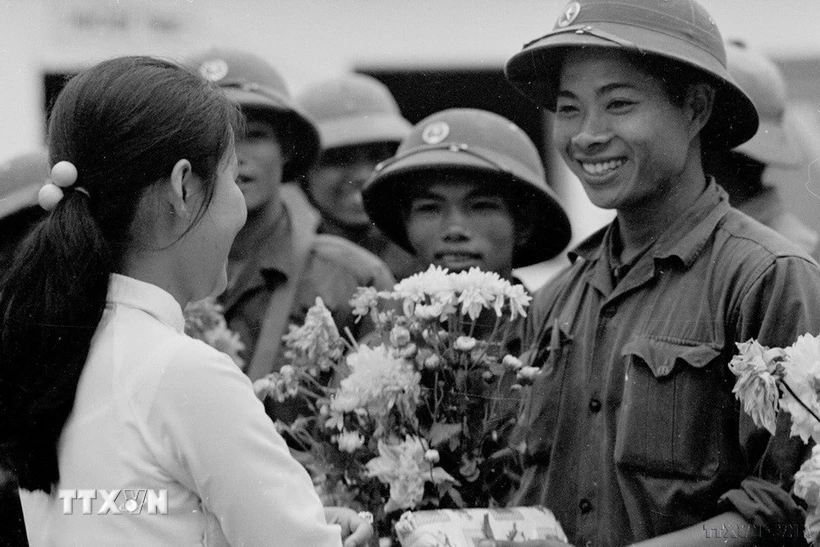
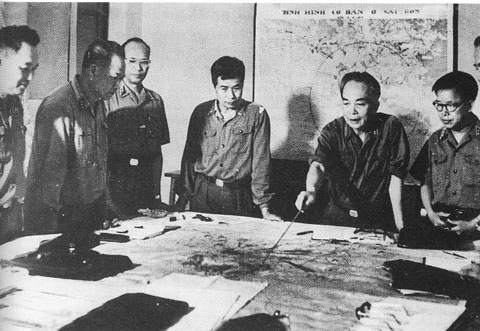





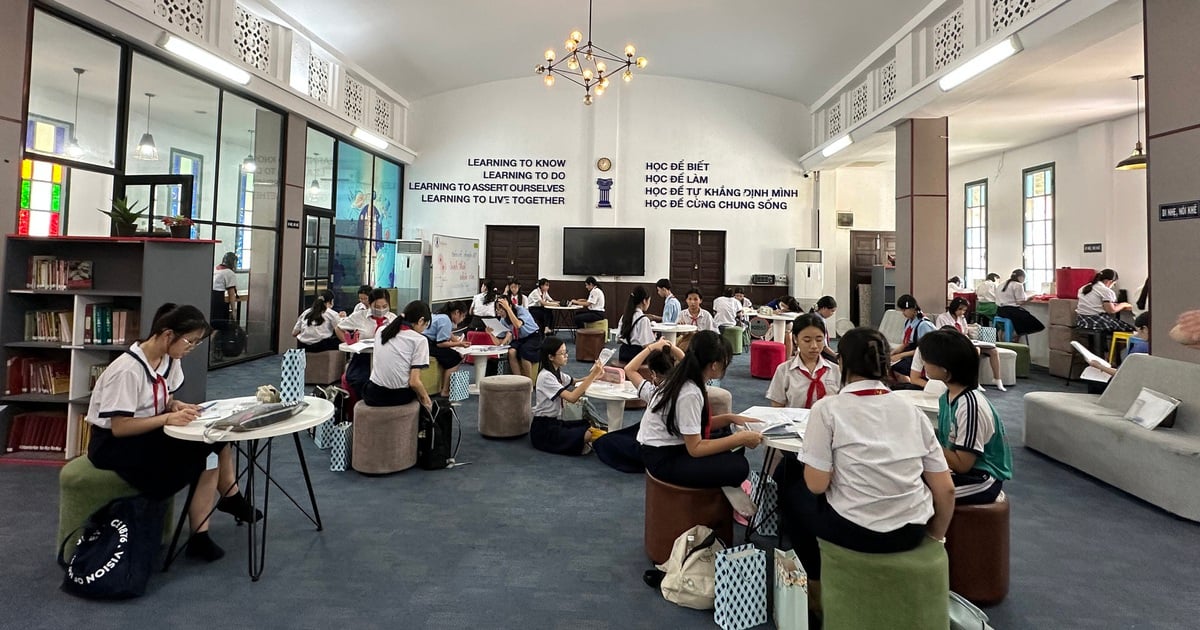
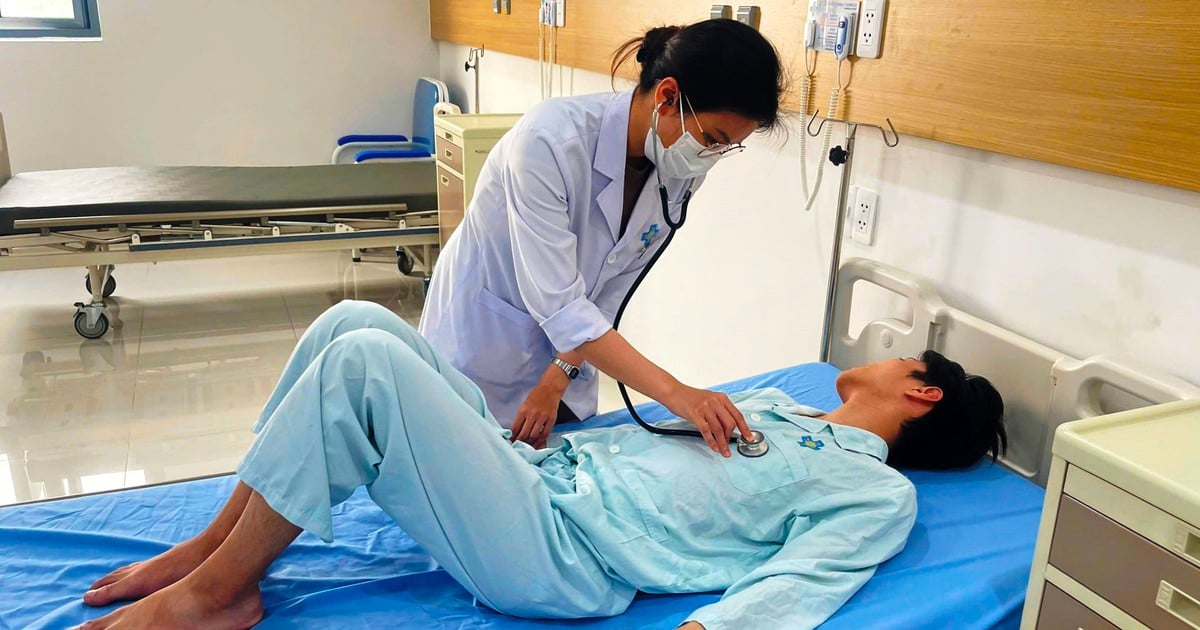
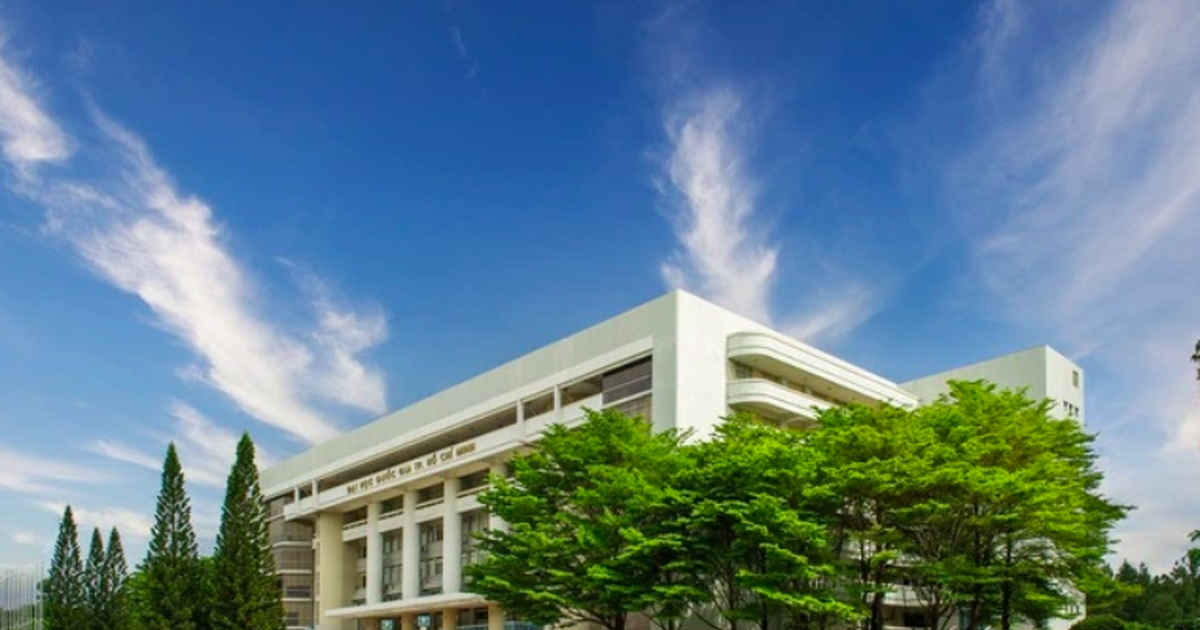
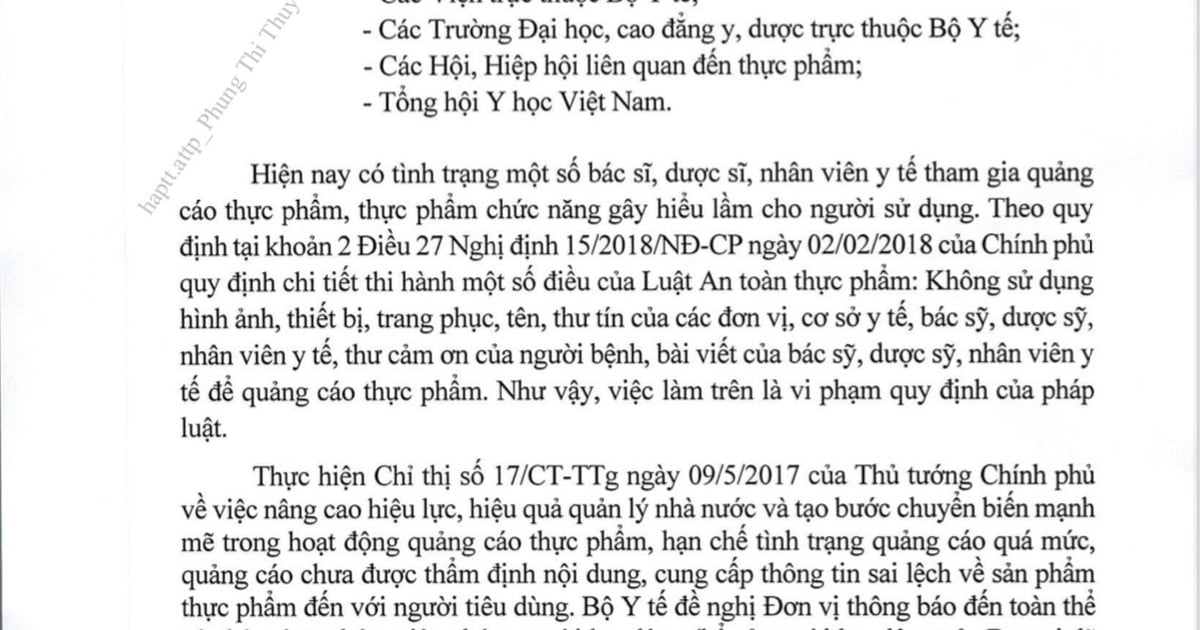

![[Photo] Welcoming ceremony for Chinese Defense Minister and delegation for friendship exchange](https://vstatic.vietnam.vn/vietnam/resource/IMAGE/2025/4/17/fadd533046594e5cacbb28de4c4d5655)




























![[Video] Viettel officially puts into operation the largest submarine optical cable line in Vietnam](https://vstatic.vietnam.vn/vietnam/resource/IMAGE/2025/4/17/f19008c6010c4a538cc422cb791ca0a1)

















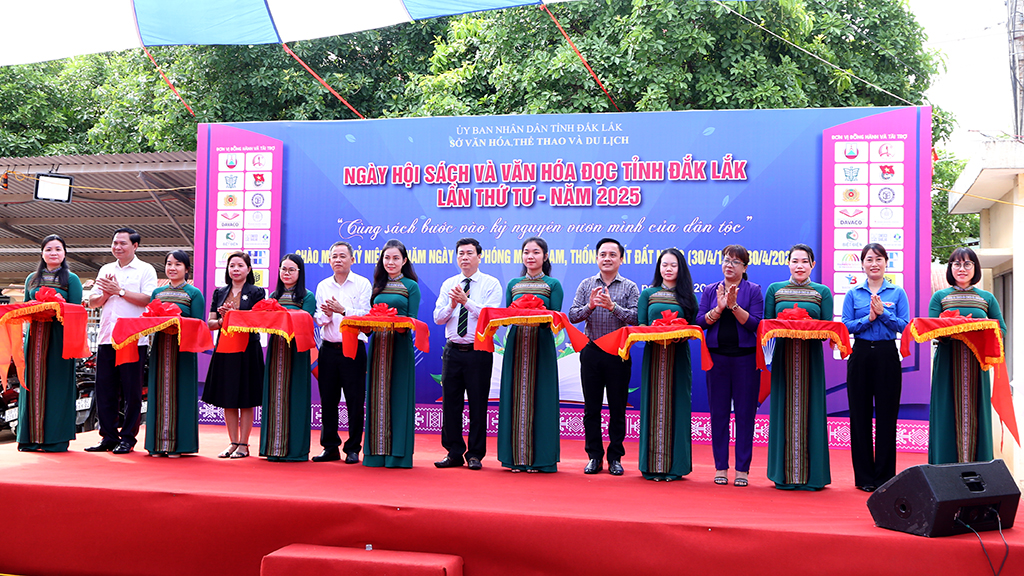
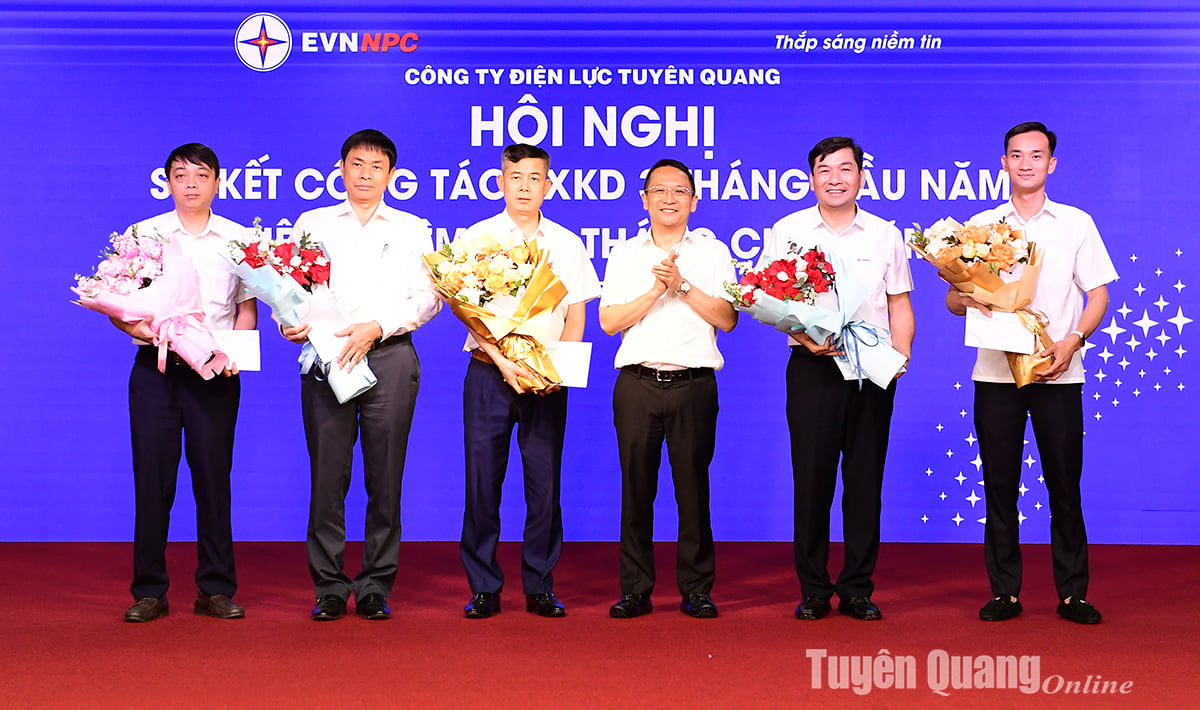

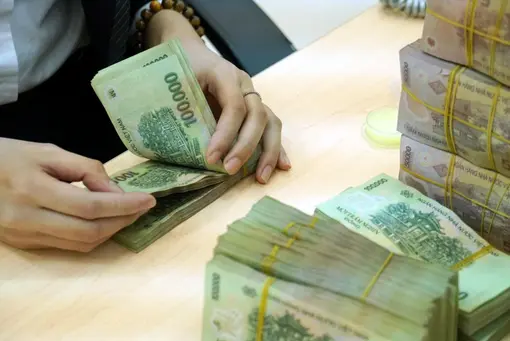

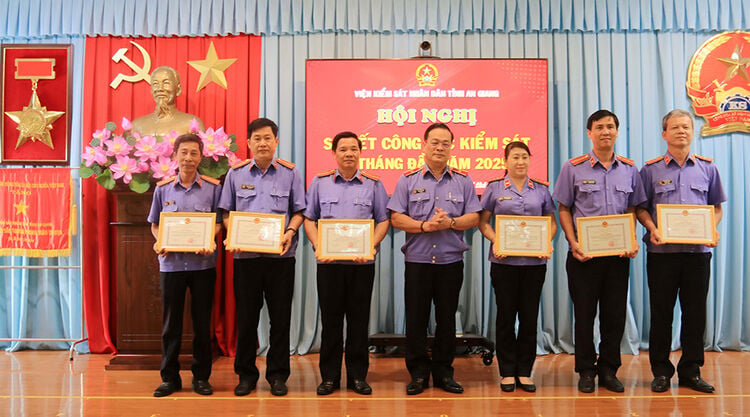


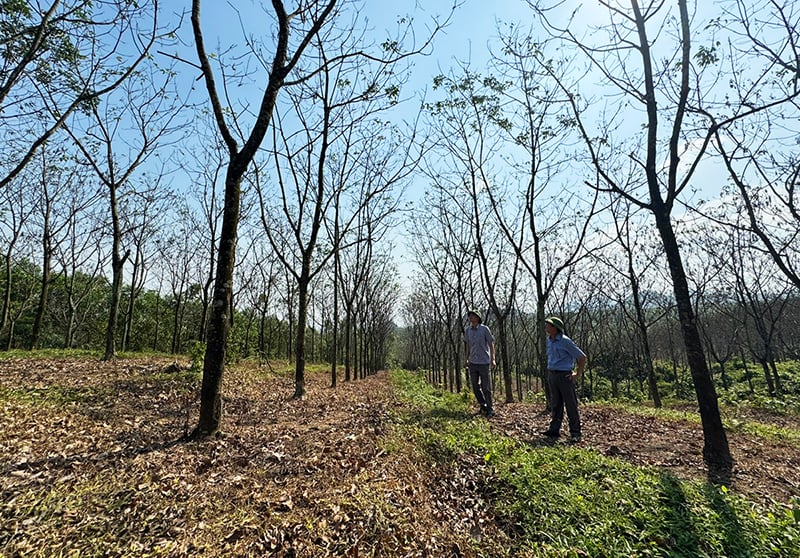












Comment (0)